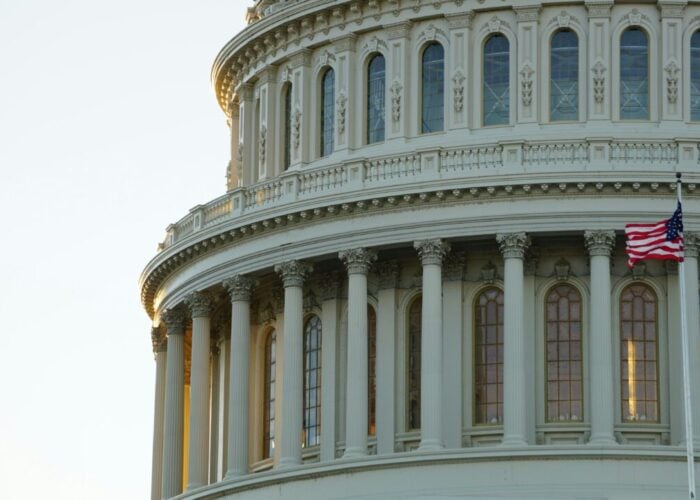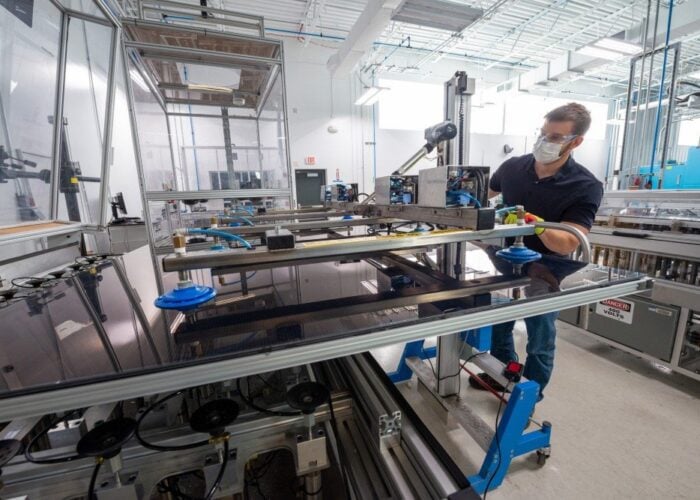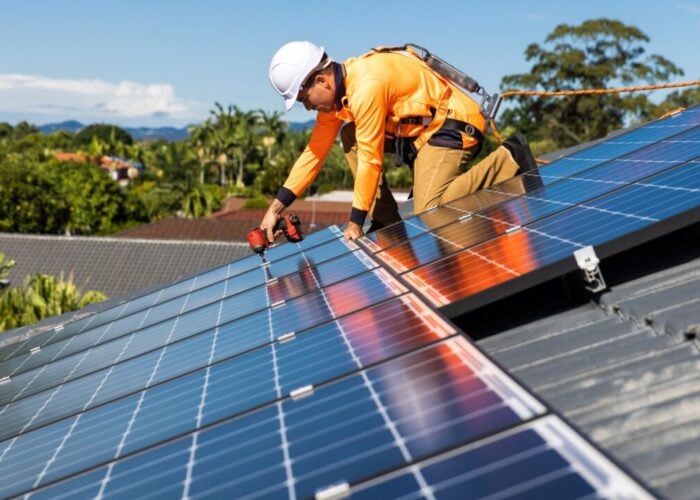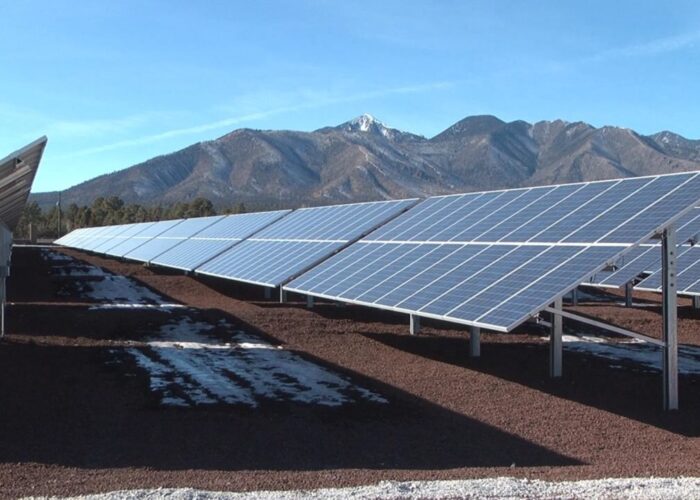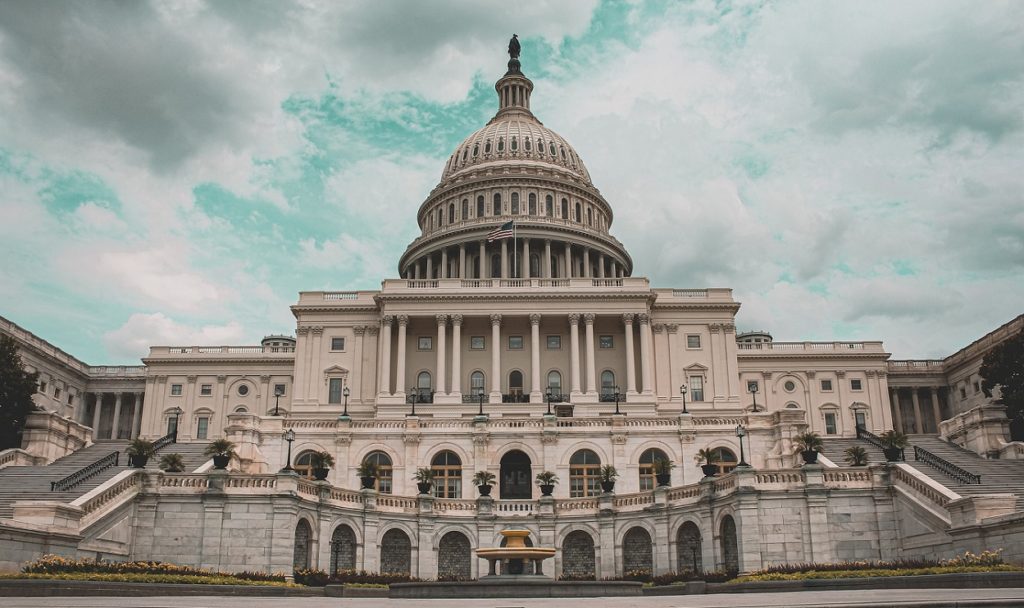
Reports that US Senator Joe Manchin has decided not to agree to climate measures within President Joe Biden’s reconciliation bill has been met with dismay by industry stakeholders.
After months of negotiations between Democrat leaders and Manchin, reports from last week that progress had been made were followed by further news that Manchin had told the party leadership that he would not sign off on any climate-related measures to be included within the so-called Build Back Better act.
Unlock unlimited access for 12 whole months of distinctive global analysis
Photovoltaics International is now included.
- Regular insight and analysis of the industry’s biggest developments
- In-depth interviews with the industry’s leading figures
- Unlimited digital access to the PV Tech Power journal catalogue
- Unlimited digital access to the Photovoltaics International journal catalogue
- Access to more than 1,000 technical papers
- Discounts on Solar Media’s portfolio of events, in-person and virtual
“This apparent defeat is a serious blow to the American workers, to American manufacturers, to national security and to the potentially massive clean energy economy,” Abigail Ross Hopper, president and CEO at SEIA, said, further describing the news as “crushing to so many people”.
“While we are deeply disappointed, we ask that members of Congress stay at the table for as long as it takes, by whatever political machinations necessary, to get clean energy policy over the finish line,” Hopper said.
The full text of the statement can be seen here.
The US solar industry has faced a turbulent year with various headwinds including supply chain constraints, logistics delays, the ongoing uncertainty around the AD/CVD and now the near impossibility for Biden to pass a central tenet of his policy agenda.
The Build Back Better Act included US$555 billion for investments in clean energy and combatting climate change, most notably an extension to solar investment tax credits and support for domestic PV manufacturing.
After passing the vote in the US House of Representatives with a narrow 220 to 213 in November 2021, the bill has needed the support of the Senate ever since, with Manchin and fellow Democrat Kyrsten Sinema reluctant to approve it.
Manchin has been a critic of the bill and its price tag since the beginning, claiming it would “risk the reliability” of the country’s electricity grid. Earlier this year Manchin – who maintains interests in fossil fuel projects – tried to rally Republicans to his cause and explore an alternative climate package.
A lack of policy agreement means it will now become “more challenging” for the US to meet its solar and storage goals of making a one-million workforce industry said the SEIA statement, despite the benefits of such a bill could bring to the renewables industry.
“Clean energy policy also fights inflation. Recent testimony by the Rhodium Group revealed that the clean energy tax credit package and other clean energy investments in the reconciliation package can serve as a strong foundation for cutting energy costs.”
US renewables firms claimed earlier this year the lack of signing the US$1.75 trillion BBB Act would cost US$2 billion in loss every month to the industry.
So far, the Biden administration has only been able to launch small incentives to show support to the renewables industry, with last week’s US$56 million support of perovskite and cadmium telluride technologies to boost domestic solar manufacturing.
When Biden waived tariffs for imports coming through Southeast Asia he also enacted the Defense Production Act (DPA) to boost domestic PV manufacturing without any “clear path” as to how it would be materialised, according to solar manufacturers present at a meeting in the White House last month.



